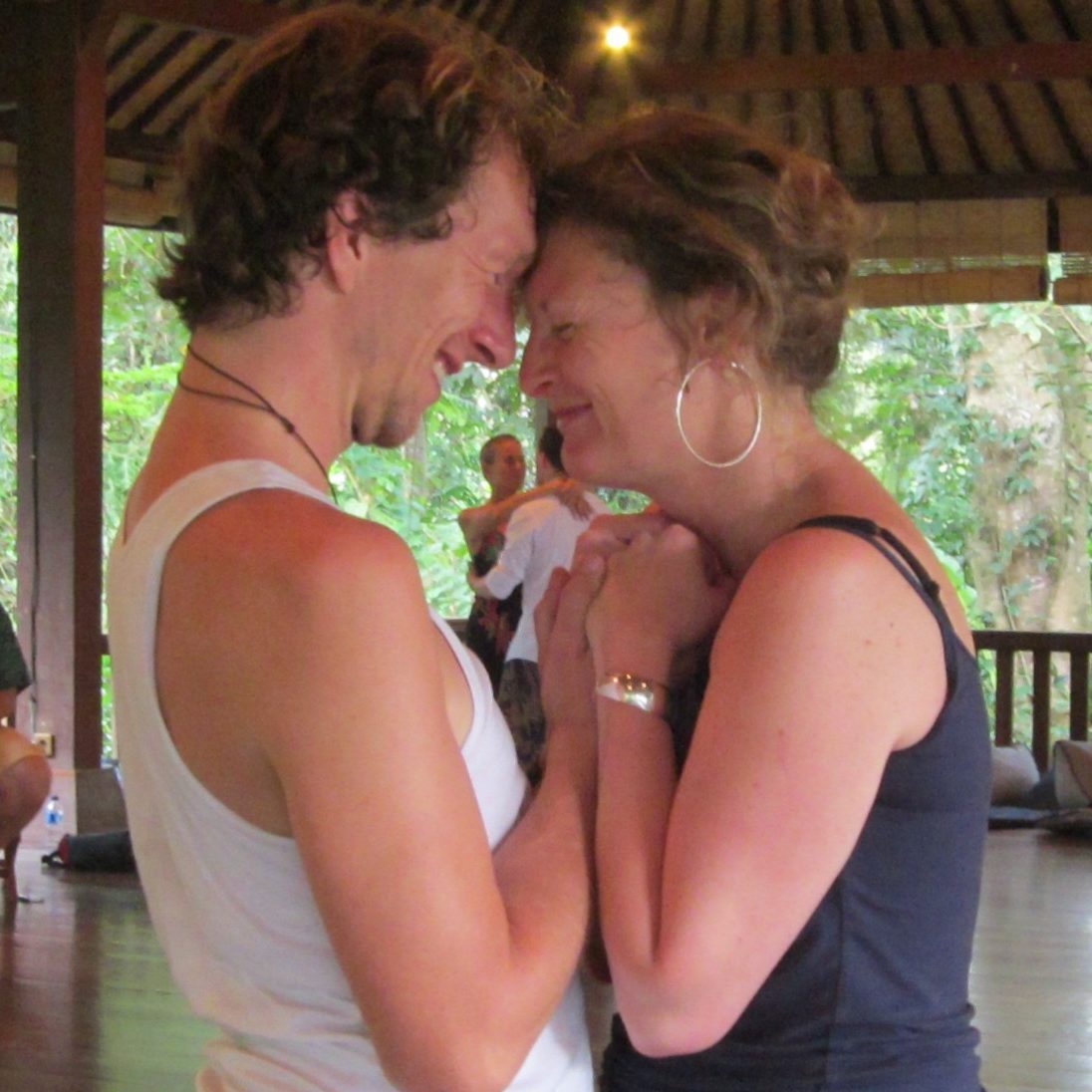In the work I do with couples I find that being able to really listen to each other is a big factor in relationship satisfaction. And this is not just true for couples, it is important in all our relationships. In the article I want to share some insights and a case study to ask – Are you really listening?
Listening involves our whole body
Listening involves our whole body not just our mind. It is an art to be fully receptive to the other person, and not be threatened if they think differently to you or say things you may not want to hear e.g. that maybe they don’t approve of you or they have different political views or even they have fallen out of love with you. If you fully listen, will you feel inadequate and wrong? Rejected even? Perhaps you are insecure and need agreement to feel safe.
Often this means we are only half listening because we are busy forming a response in our mind – a defence, an opinion or even just a clever reply. Do you know that impatient feeling in your body when you can’t wait until they finish speaking to get your piece out? Or if you have a need to be right then you can be concerned that listening to the other person could imply you agree with them and you don’t. Let me say now that listening does not mean the same as agreeing.
And what if you don’t want to listen?
And what if you don’t want to listen? If you feel forced to be an audience, maybe you don’t want to hear their stories over and over, or you feel unheard yourself, then you just don’t want to listen. You may make yourself listen more than you want to. However, if you are really listening to yourself, you will be alert to your bodily response when boundaries feel crossed, or the other person is not present with you. Being in a relationship does not mean you are a captive audience to the other person’s need to talk. Or that you putting in a boundary will cause a loss of love. But the feminine in particular can have that fear and will sit through dates or dinners where she is listening more than she wants to. Speak up everyone, you have a right to be heard and the humanity to listen.
It is multi-layered and involves a longing
Listening and sharing is a dialogue, a two-way exchange, both verbal and non-verbal. It is multi-layered and involves a longing to matter, to be significant to others. It also means listening to our own boundaries, feelings and desires, as well as the others.
There is also a place for robust argy-bargy, wrangling and interrupting each other. We don’t have to relate in a stilted way, being too PC, it needs to flow. But when the flow isn’t working, it’s time for intervention. Then we need to see – are we really listening?
Michael and Alice’s story
Michael and Alice* are sitting in front of me in a session, talking about their relationship issues. They are fighting and arguing every day, she says. With very little sex happening, he says. They still love each other, she says. He nods silently in agreement.
Alice is desperately hoping they can find a romantic and intimate connection again. But Michael is always busy, she says. As Alice talks, she looks at Michael agressively and is leaning in towards him. He appears to be listening, but he is subtly pulling away and shrinking into the corner of the couch. She accuses him of not being available, not listening to her. He pushes back, saying that she always wants to talk and talk about the relationship problems, which he thinks is making the situation worse.
It’s a stalemate. I hear them out. Alice feels unheard, frustrated and rejected. She firmly believes they should be able to talk about their issues, after all this is a modern relationship and men and women talk to each other, right? Michael feels blamed and thinks that he tries hard to please her and look after her, but nothing he does is good enough. Who is not listening to who?
On the surface it looks like he has switched off to her and if only he could be more present and listen more attentively then love would flow again. But who wants to listen when they feel blamed? Or if only Alice could back off and see the effect she is having on Michael. The more he withdraws the more desperate she becomes to ‘fix’ the relationship and get love. But the amount of pressure she applies makes that difficult for Michael. He hides this vulnerability and retreats to protect himself, not form Alice but from ‘feeling wrong’ and a ‘failure’. His withdrawal is confusing and hurtful for Alice as she just doesn’t understand it. She thinks it must be because he doesn’t prioritize her anymore. So it goes around and around and nobody wins and the relationship suffers.
The art of really listening needs to happen here on several levels. Michael needs to hear what Alice is really saying underneath her demand to talk about the relationship. In this instance, she wants to be seen, her feelings to be acknowledged, and to feel his deep masculine presence loving and embracing her. If this was happening, then her need to talk about ‘issues’ would be reduced and manageable. It may even disappear entirely.
Alice needs to listen to Michael’s body language and see that she is pushing him away, that what she is doing isn’t working. To listen to what he is not saying. His primary need is to be trusted, for her to see that he is there for the relationship, just not in her way. Alice can realise that we don’t always communicate with words. We also communicate with our bodies, and they are the most truthful.
We need to learn to listen to our own bodies too.
Alice could listen with compassion to her own deeper longings and be able to share them with Michael from that more vulnerable, feeling place. Without blaming him. Michael could also listen to his own reactions and fears of failure, honour them, and decide to act from his heart.
In session, Michael and Alice started to really listen to each other’s vulnerability and a tenderness of the heart opens up again. This involved exploring some painful childhood experiences that were affecting their communication in present time.
As her vulnerability increased, and Alice felt Michael’s loving presence holding a space for her tears, she began to gently lean towards him. Michael sensed her trusting him again through her body and he became more grounded and embodied. He was holding his vulnerability too, which meant he could listen to Alice’s.
They are now having a whole-body experience of listening, being attuned to each other deeply. This is the set-up for beautiful intimate sharing and lovemaking. Where the tenderness is erotic and connected. Where the listening is love without fear. Experiencing this on a cellular embodied level in the sessions gives Alice and Michael a real grounding for the future.
…
In our modern life we can get used to expecting everything to be instant and bitesized. But really listening means slowing down enough to experience yourself and the other in the connection. Try listening while having no reply or response ready! Be there with an open heart and body. Then we can really hear the other and let it permeate us. And a path to love and presence opens up – its magic!
Love
Cynthia
*This case study is a composite of several people to protect their privacy.


